Mindblown: a blog about philosophy.
-
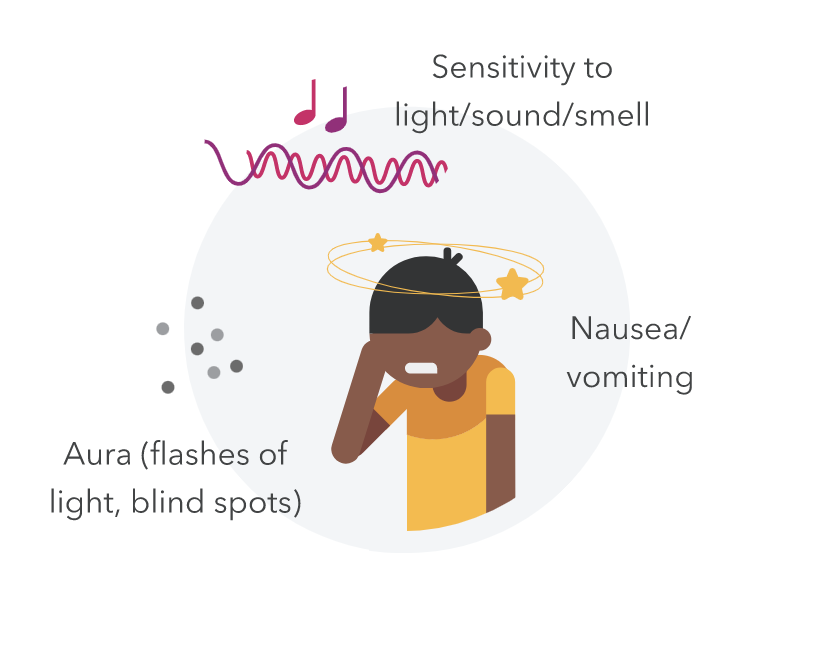
Are Migraine Headaches Genetic?
Explore Migraine Headaches and what your DNA can tell you What are migraine headaches? Migraine is a condition that causes moderate to severe headaches. Some people with migraine experience sensory disturbances, including flashes of lights and temporary blind spots before or during a migraine headache. Other symptoms can include nausea, vomiting, and extreme sensitivity to…
-
Is LDL Cholesterol Genetic?
Explore LDL Cholesterol and what your DNA can tell you What is LDL cholesterol? LDL (low-density lipoprotein) helps carry cholesterol from from your liver to other cells in your body. The body needs cholesterol to build cells, make hormones, and carry out other tasks. But if there’s too much LDL cholesterol in the blood, it…
-
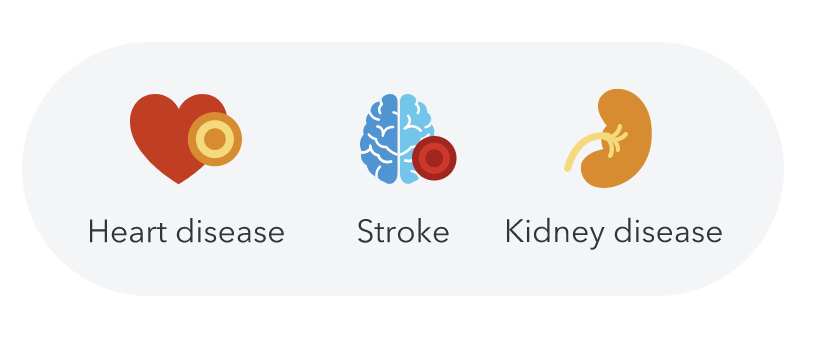
Is High Blood Pressure Genetic?
Explore High Blood Pressure and what your DNA can tell you What is high blood pressure? High blood pressure, also called hypertension, is when the blood puts too much pressure on the walls of the blood vessels. By putting stress on the blood vessels and heart, high blood pressure can increase the risk for heart…
-
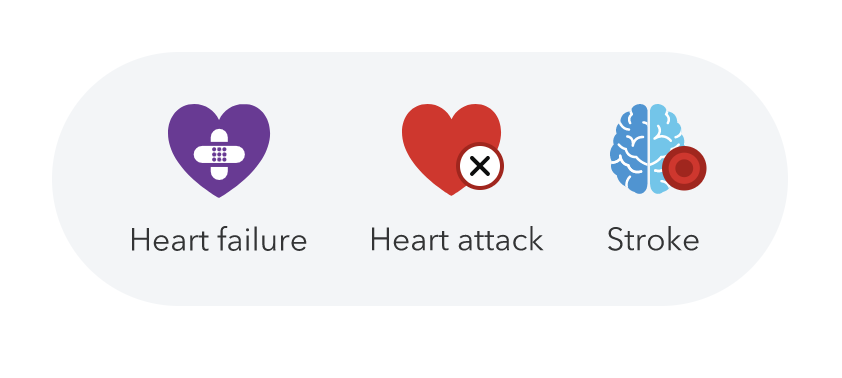
Is Coronary Artery Disease Genetic?
Explore Coronary Artery Disease and what your DNA can tell you What is coronary artery disease? Coronary artery disease, sometimes called CAD, is a type of heart disease typically caused by the buildup of plaque inside the coronary arteries. The coronary arteries are important because they are the major blood vessels that supply the heart…
-
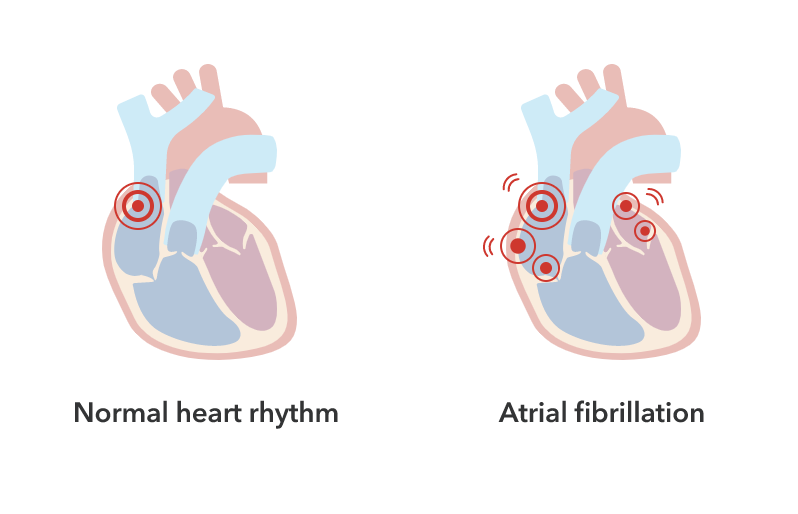
Is Atrial Fibrillation Genetic?
Explore Atrial Fibrillation and what your DNA can tell you What is atrial fibrillation? Atrial fibrillation, sometimes called AFib or AF, is a common type of arrhythmia, or irregular heartbeat. It happens when the two upper chambers of the heart (called the atria) beat irregularly. Normally, the atria pump blood into the two lower chambers…
-
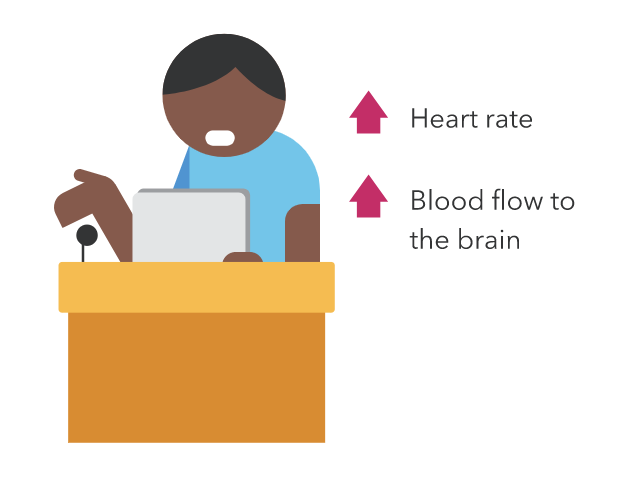
Fear of Public Speaking & Genetics
How it works When the brain senses a threat in the environment, a part of the brain called the amygdala responds by activating the “fight or flight” response. This response includes many biological changes, like a faster heart rate and increased blood flow to the brain. Studies have found that when speaking in front of…
-
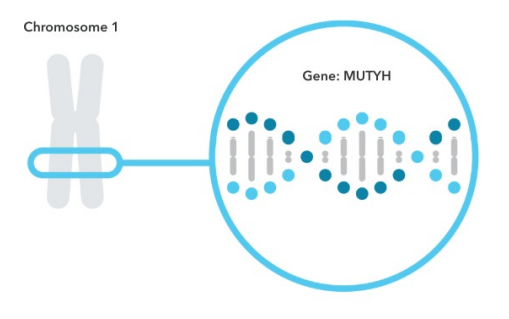
Is MUTYH-Associated Polyposis Genetic?
Explore MUTYH-Associated Polyposis and what your DNA can tell you What is MUTYH-associated polyposis? MUTYH-associated polyposis (MAP) is a hereditary colorectal cancer syndrome. People with MAP tend to develop colon and rectal polyps and have an increased risk of developing colorectal cancer. They may also have a slightly increased risk of developing certain other cancers.…
-

Is Chronic Kidney Disease Genetic?
Explore Chronic Kidney Disease and what your DNA can tell you What is chronic kidney disease? Chronic kidney disease is a condition in which the kidneys stop working properly over time. Because the kidneys serve as filters for our blood, chronic kidney disease can cause excess fluid and waste from the blood to build up…
-
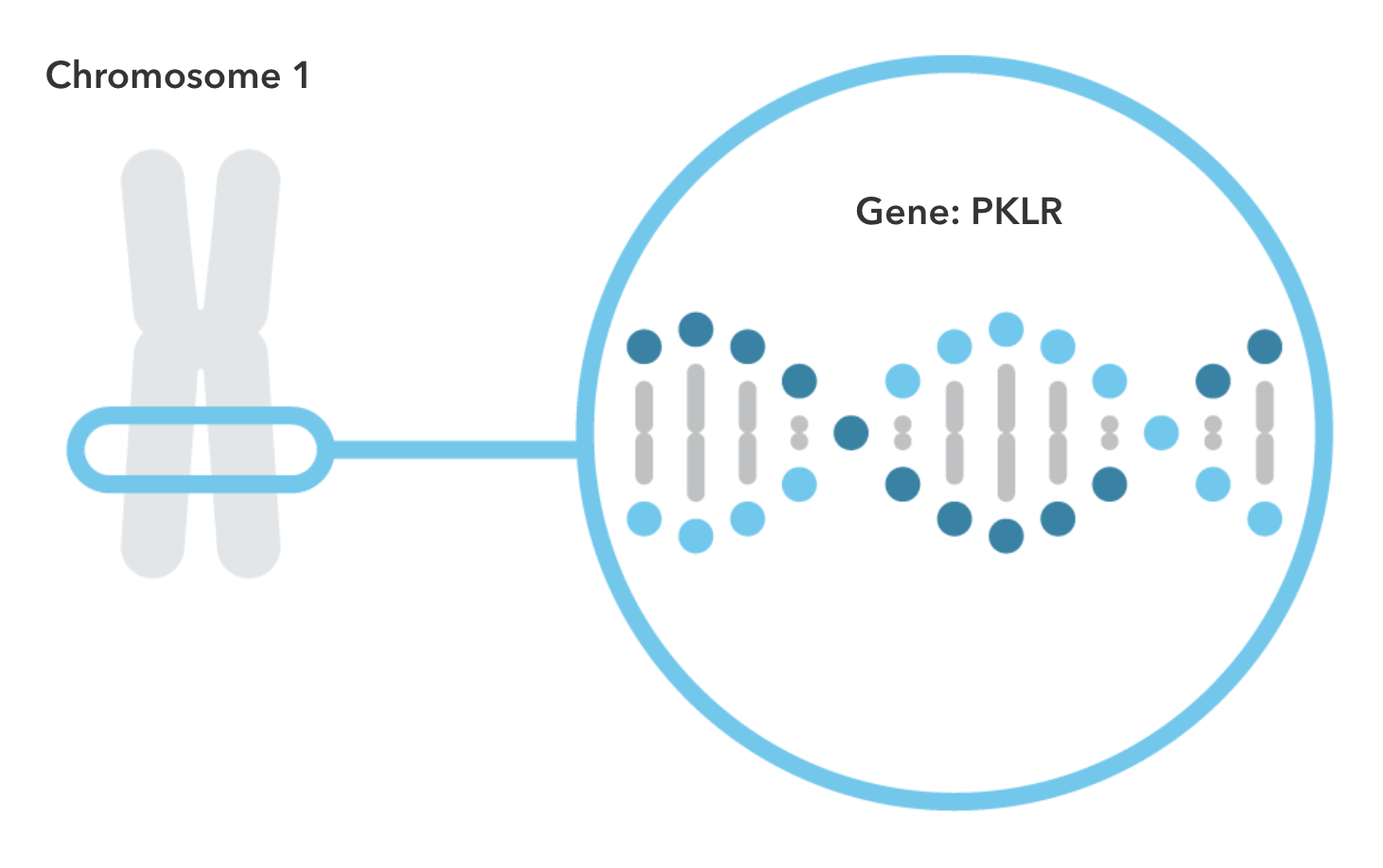
Pyruvate Kinase Deficiency
What is pyruvate kinase (PK) deficiency? Pyruvate kinase (PK) deficiency is a rare genetic disorder in which red blood cells break down too quickly, leading to chronic anemia. A person must have two variants in the PKLR gene, or two copies of a variant, in order to have this condition. People with just one variant…
-
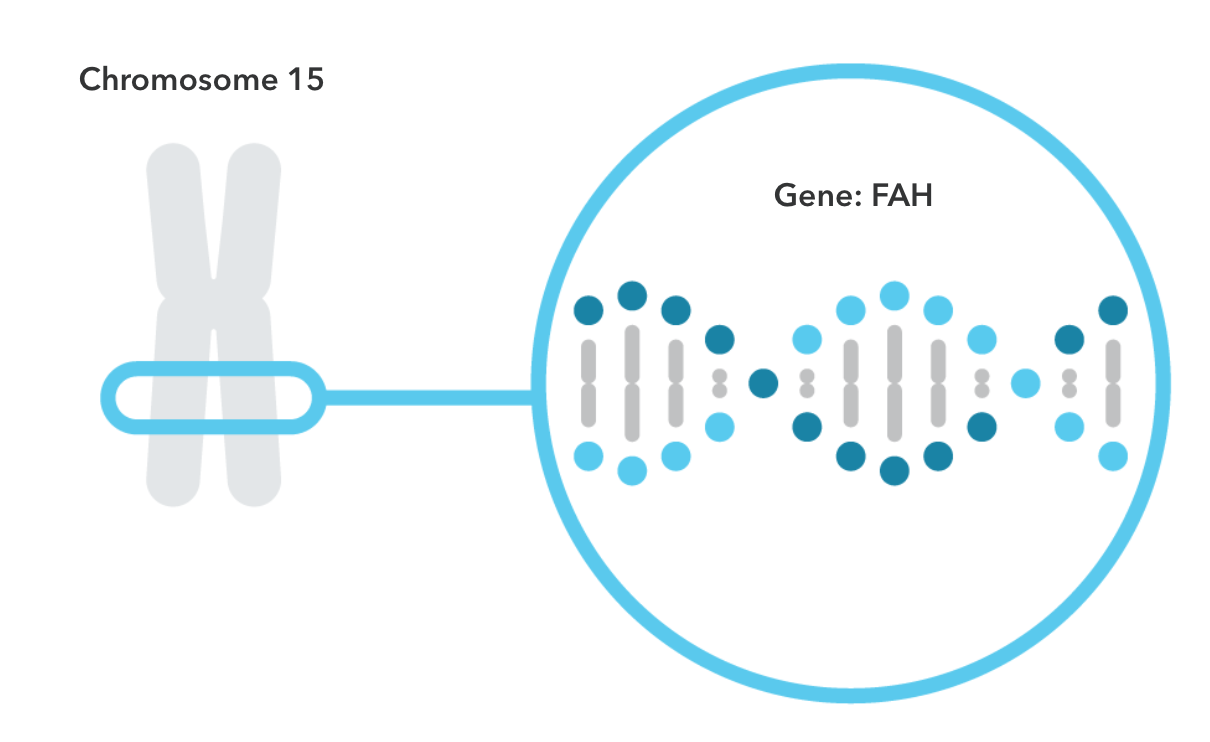
Tyrosinemia Type I & Genetics
What is tyrosinemia type I? Tyrosinemia type I is a rare genetic disorder characterized by high levels of the amino acid tyrosine that can lead to liver and kidney disease. A person must have two variants in the FAH gene in order to have this genetic condition. People with just one variant in the FAH…
Got any book recommendations?